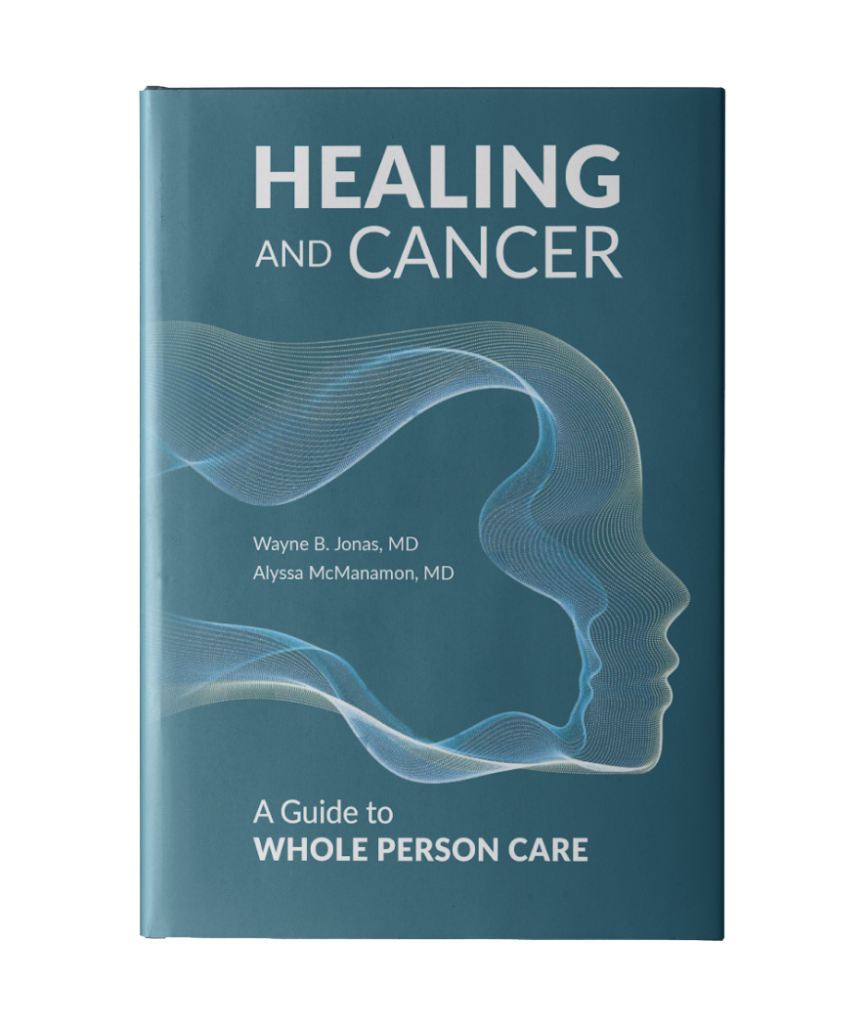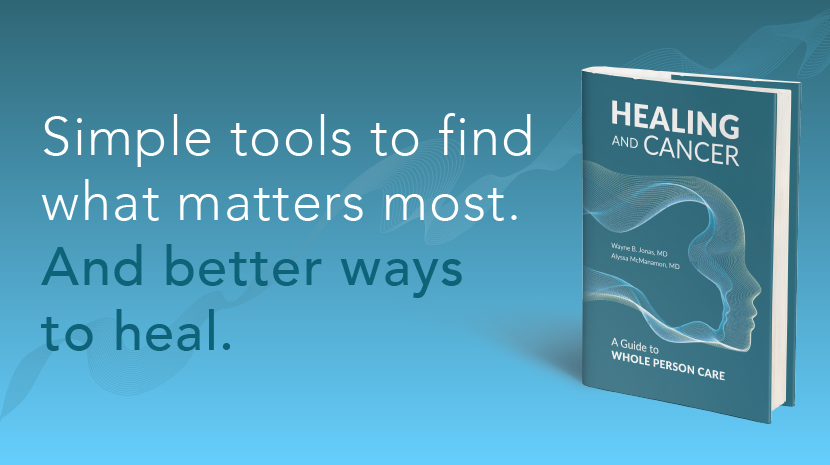An excerpt from Healing and Cancer: A Guide to Whole Person Care
If you’ve never (until reading Healing and Cancer) heard of the Personal Health Inventory (PHI) as a tool or the HOPE visit as a possibility, we suspect that you still already provide many aspects of whole person care at the time of new diagnoses and during treatment. We guess you also do it outside of your usual job environment. If you have any connection to cancer care, you are seen as a conduit to valuable information, a trusted source.
As Dr McManamon says:
I’m at the age where my high school friends and their parents are facing new cancer diagnoses. They call me to get an initial understanding of the prognosis, treatment paradigms, what to expect from treatment, and what they can do to get through it.
When I have a conversation with the father of one of these dear friends, I already know who they are-I’ve been in their homes, their cars, at their kitchen tables, and in their now-adult children’s lives for decades. It’s a special place from which to provide pro bono consultation. Some of the most rewarding interactions I’ve had as a healer started from a place of well-rounded understanding and trust built over years-and from an all-in emotional investment.
Each of you reading this knows inherently how to provide whole person cancer care. Whatever role you play on your care team, if you work in oncology in any capacity, someone has reached out personally to you for guidance. And you’ve met the calls with grace and generosity. You’ve connected them to the right resources. If this doesn’t resonate for you personally, consider why. It could be a sign of burnout and needs not being met.
About Healing and Cancer

Healing and Cancer: A Guide to Whole Person Care, by Wayne B. Jonas, MD, and Alyssa McManamon, MD, revolutionizes cancer care by championing a holistic approach that merges the physical, mental, emotional, and spiritual aspects of healing. This book calls for a paradigm shift from merely targeting cancer cells to embracing the full spectrum of a patient’s health, addressing the significant physical, financial, and emotional tolls of conventional treatments. It outlines the importance of comprehensive care to prevent moral injury and human suffering for both patients and healthcare teams. Through its structured sections—highlighting the philosophy, journey, and practical tools of whole person care—the book provides a robust framework for clinicians, caregivers, and patients, emphasizing the necessity of incorporating patient experiences and active participation into the healing process.
By advocating for empathetic, inclusive, and holistic care, Healing and Cancer aims to elevate oncology care standards, recognizing the vital role of the immune system, environmental factors, and patient involvement in care. It encourages deep listening and engaging patients as partners in their treatment, marking a shift towards person-centered and whole person care. As the landscape of cancer survivorship expands, this guide positions itself as a critical resource for fostering healing and wellbeing, backed by scientific evidence and practical resources. It invites cancer care teams to lead in whole person care, leading to improved health outcomes and better days for those navigating cancer.
Learn more here.

